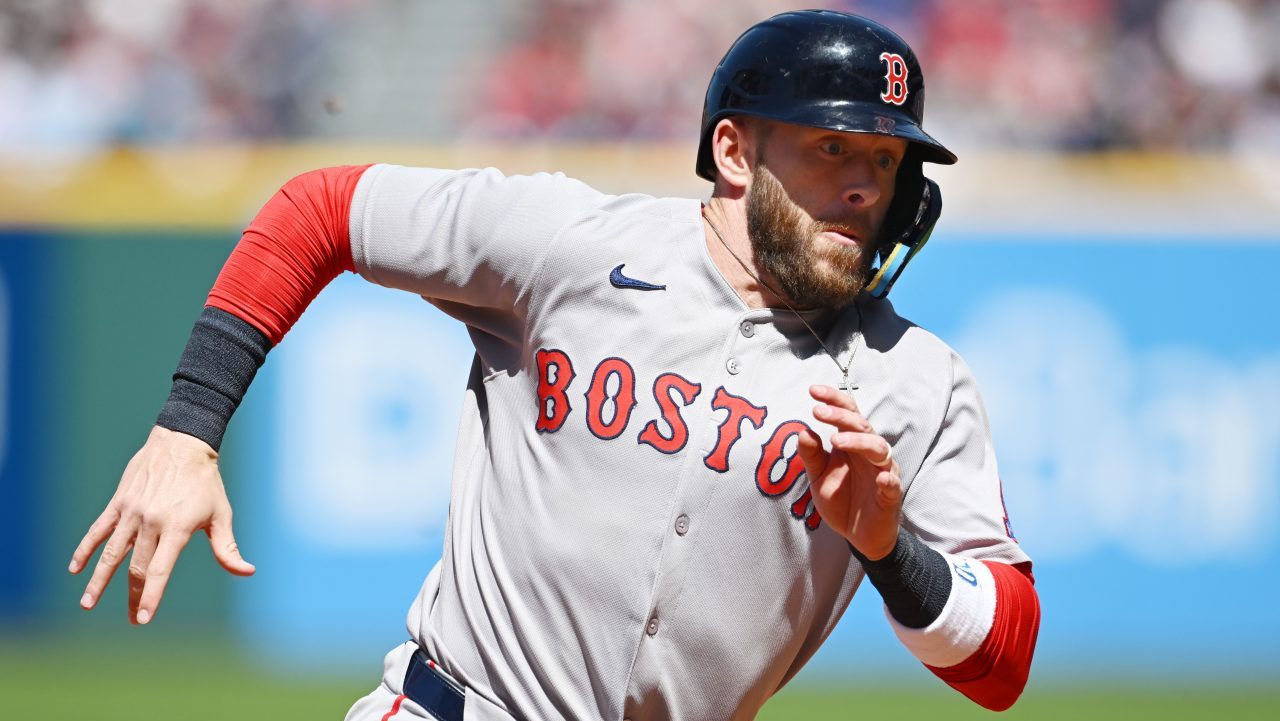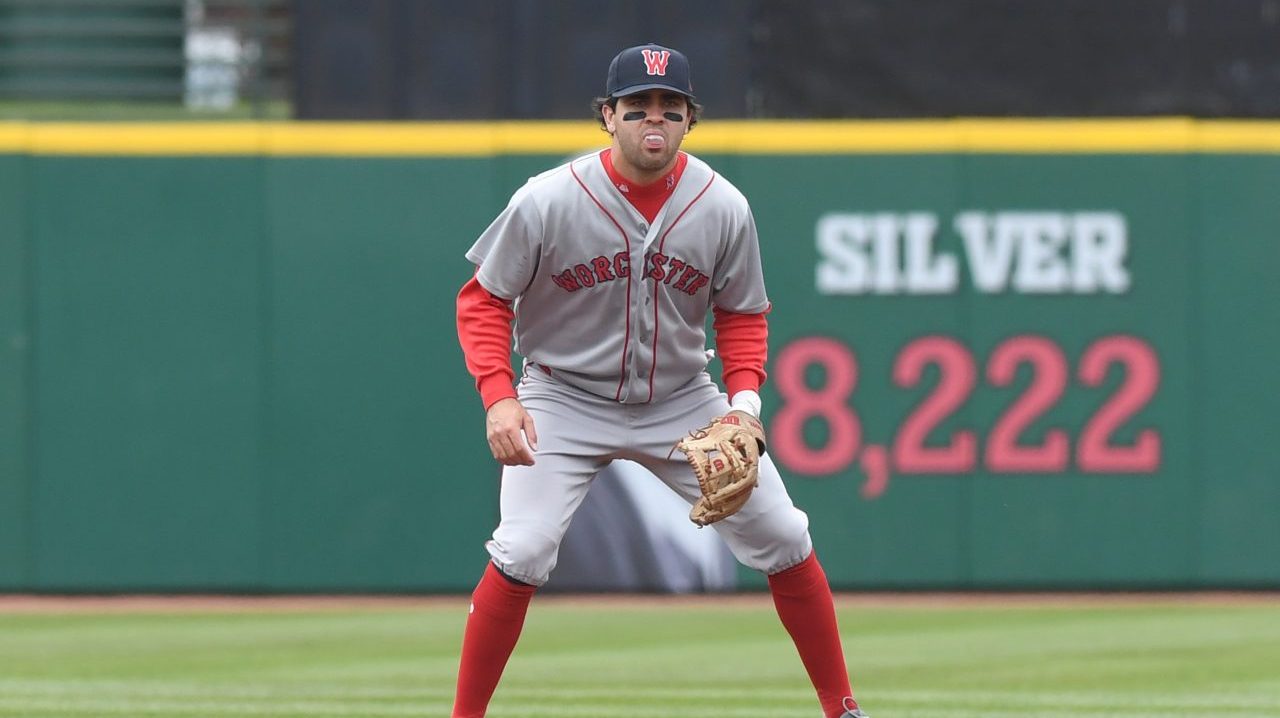Buried under the avalanche of moves ahead of Tuesday's MLB trade deadline was one of particular significance for the future of Rafael Devers.
The Atlanta Braves signed third baseman Austin Riley to a 10-year, $212 million extension, continuing a trend of locking up their young core. Riley joins center fielder Ronald Acuña Jr., second baseman Ozzie Albies, and first baseman Matt Olson on deals through at least 2027. The defending champs seem intent on establishing themselves as perennial World Series contenders.
The juxtaposition of Atlanta's approach vs. the looming teardown in Boston is a story for another day, however. Right now, what matters is how the Riley extension impacts the market for Devers.
With our All Access Daily newsletter, stay in the game with the latest updates on your beloved Boston sports teams!
Tomase: Making sense of Vazquez, Pham, Diekman deals as Sox begin overhaul
In the most obvious sense, it just went up. The Red Sox reportedly used another Braves deal -- Olson's eight-year, $168 million contract to replace fan favorite Freddie Freeman -- as a baseline for their most aggressive extension offer to Devers, which he predictably rejected this spring.
The floor of any Devers offer is now Riley's deal, and they're comparable players. We like to describe Devers as some sort of unicorn worthy of an unlimited contract, but he's remarkably similar to Riley, who was a late bloomer by comparison.
Both third basemen are 25-year-old World Series winners, both are All-Star Silver Sluggers, and both are in the midst of monster campaigns while posting virtually identical stats. Devers is hitting .324 with 22 homers, 55 RBIs, a .981 OPS, and a 166 OPS-plus. Riley, meanwhile, is at .301-29-68-.964-161.
Boston Red Sox
Find the latest Boston Red Sox news, highlights, analysis and more with NBC Sports Boston.
They took different paths to stardom. Devers rocketed through the Red Sox system and reached the big leagues in 2017 at age 20. Riley, who is sixth months younger, arrived two years later, but with more maturing to do as a player. Whereas Devers showed elite bat-to-ball skills from his stateside debut, Riley struck out over 100 times in each of his three full seasons in the Atlanta system.
Riley's struggles continued in the big leagues until early last year, when he finally learned to lay off the combination of high fastballs and sliders off the plate that had beguiled him. After striking out in over 36 percent of his plate appearances as a rookie, Riley now checks in a shade under 25 percent. He's one of the toughest outs in Atlanta's lineup, and like Devers, he hits everything hard.
They rate fourth and fifth in baseball in average exit velocity, with Riley at 93.7 mph and Devers at 93.5. Neither is a great fielder, with Devers on pace to lead AL third basemen in errors for a fifth straight year and Riley ranking dead last among 35 qualifiers in outs above average.
But they're paid for what they do at the plate, and Riley just cashed in. The Red Sox will undoubtedly use that contract as an anchor in negotiations, but there's a pivotal difference between the two that could earn Devers another $100 million.
Riley signed his extension three years ahead of free agency. He's making just $3.95 million this year after losing his first arbitration case. He wouldn't have become a free agent until after the 2025 season, and so his extension is more in line with the one the Red Sox should've offered Devers three years ago.
That horse has long since galloped away. Devers will enter his final year of arbitration this winter, and so any deal to keep him must read more like a straight free agent offer. With new revenue streams like jersey patches earning the Red Sox another $16-$17 million annually and the luxury tax expanding, contracts are only going to go up.
There's a strong chance someone gives Devers $300 million, and if the Red Sox insist on using Riley's deal as a framework, it won't be them.


